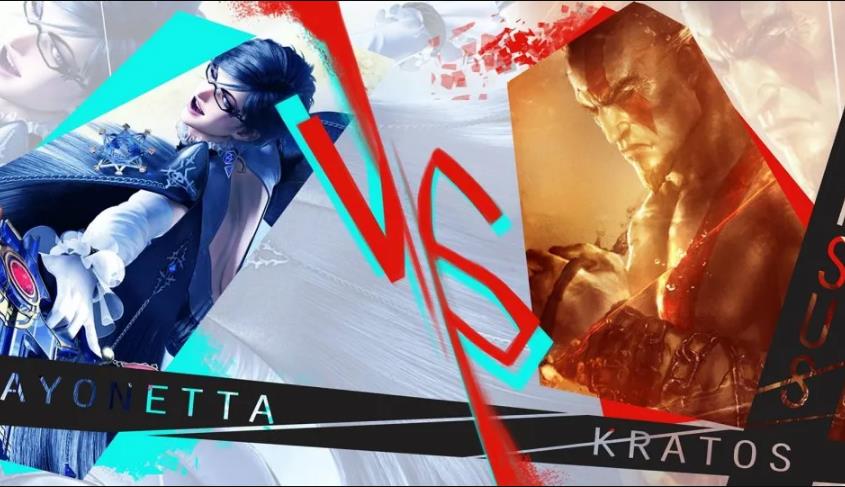GAME, the UK’s leading video game retailer, has announced that it will stop accepting trade-ins of second-hand games from January 31, 2024. The move has been met with mixed reactions from gamers, some of whom see it as a sign of the inevitable demise of physical media, while others lament the loss of a convenient and affordable way to buy and sell games.
GAME said that the decision was based on the changing preferences of its customers, who are increasingly opting for digital downloads over physical discs. The company also cited the challenges of managing inventory, pricing, and quality of second-hand games, as well as the impact of the COVID-19 pandemic on its operations.
According to GAME, only 10% of its sales in 2023 came from second-hand games, compared to 25% in 2019. The company said that it will continue to offer a range of new and pre-owned gaming hardware, accessories, merchandise, and collectibles, as well as digital content and services.

A blow to the gaming community?
Many gamers have expressed their disappointment and frustration over GAME’s decision, arguing that it will reduce their options and increase their costs. Trade-ins have been a popular way for gamers to get rid of unwanted games, earn credit or cash, and buy new or used games at lower prices. Some gamers also value the physical ownership of games, which they can lend, share, or display as part of their collection.
Some gamers have also accused GAME of being greedy and short-sighted, claiming that the company is trying to boost its profits by pushing customers to buy digital games, which are often more expensive and less flexible than physical ones. Digital games cannot be resold, traded, or refunded, and they depend on the availability and reliability of online platforms and services.
Some gamers have also expressed concern that GAME’s decision will have a negative impact on the gaming industry and culture, as it will reduce the diversity and accessibility of games, especially for those who have limited budgets or internet connections. Trade-ins have been seen as a way to support the gaming ecosystem, as they allow gamers to discover and enjoy older or niche games that they might otherwise miss or ignore.
A sign of the times?
However, not all gamers are opposed to GAME’s decision, and some have welcomed it as a reflection of the changing trends and preferences of the gaming market. Digital downloads have become increasingly popular and convenient, especially with the advent of cloud gaming, subscription services, and streaming platforms. Digital games offer instant access, automatic updates, and cross-platform compatibility, as well as environmental benefits.
Some gamers have also argued that trade-ins have been harmful to the gaming industry, as they deprive developers and publishers of revenue and royalties, and encourage the production of disposable and generic games. Digital games have been seen as a way to support the gaming industry, as they allow developers and publishers to retain more control and income, and to create more innovative and diverse games.
Some gamers have also suggested that GAME’s decision will have little or no impact on the gaming community, as there are still other ways and places to buy and sell second-hand games, such as online marketplaces, auction sites, and independent retailers. Trade-ins have been seen as a minor and outdated aspect of gaming, which has been overshadowed by the growth and development of digital gaming.
What’s next for GAME and gamers?
GAME has said that it will continue to evolve and adapt to the needs and expectations of its customers, and that it will offer more incentives and rewards for digital purchases, such as loyalty points, vouchers, and exclusive content. The company has also said that it will focus on enhancing its online and in-store experience, and that it will expand its range of products and services, such as gaming events, tournaments, and workshops.
Gamers, meanwhile, have been left to decide whether to embrace or resist the digital transition, and whether to stick with or switch from GAME. Some gamers have said that they will continue to support GAME, as they appreciate its role and contribution to the gaming industry and community. Others have said that they will boycott GAME, as they feel betrayed and abandoned by its decision. And others have said that they will simply go with the flow, and choose the best option for their gaming needs and preferences.
